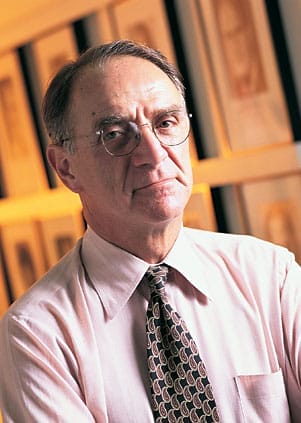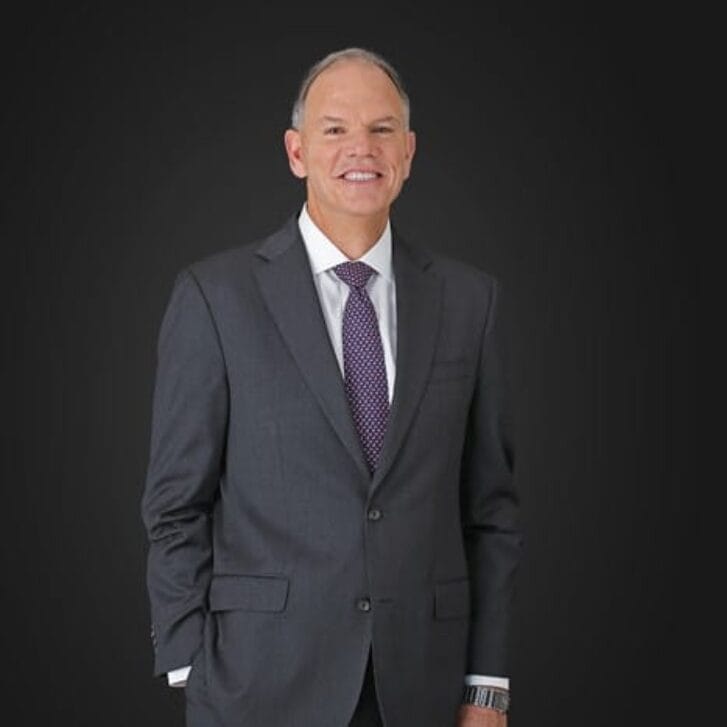 Neuberger Berman’s above-reproach reputation is one of the venerable investment firm’s most valuable assets. It’s so important, in fact, that former chairman and managing principal Lawrence Zicklin once fired a man for taking advantage of a competitor. It didn’t matter that the employee had pressed the advantage on behalf of a Neuberger Berman client.
Neuberger Berman’s above-reproach reputation is one of the venerable investment firm’s most valuable assets. It’s so important, in fact, that former chairman and managing principal Lawrence Zicklin once fired a man for taking advantage of a competitor. It didn’t matter that the employee had pressed the advantage on behalf of a Neuberger Berman client.
“I fired him because I understood that he didn’t really understand what our business was about,” Zicklin told Wharton Alumni Magazine. The company was founded in the Depression,went public in 1999, and was acquired by Lehman Brothers in 2003. Along the way, it maintained its reputation for integrity as well as performance—something
Zicklin attributes to the fact that the top managers kept their eyes continually on the future value of the firm. They always sought to protect “the franchise,” as Zicklin calls it. Zicklin is more than committed to ethical business practices—he’s a true believer. In 1997, he endowed Wharton’s Carol and Lawrence Zicklin Center for Business Ethics Research, because he realized that American businesses were rife with conflicts of interest. But he never imagined such the wholesale ethical slide that emerged in early 2000s. “Not in my wildest imagination,” he says.
The Zicklin Center stands out among business school ethics centers because of its emphasis on supporting and disseminating research and long commitment to the subject (Wharton has been teaching ethics since 1975). A 2003 report by the Aspen Institute’s Business and Society Program and the World Resources Institute identified Wharton as one of the schools that is “setting the bar for research activity” on social impact and environmental management. The Center has since forged partnerships with the World Bank Institute (WBI) and United Nations Global Compact, allowing its research agenda to focus on real challenges.
Since Zicklin has retired, he began aweekend seminar on business ethics for faculty at New York University and now often teaches there. And he has supported his undergraduate institution—Baruch College of the City University of New York (which named the Zicklin School of Business in his honor in 1997)—by helping to found the Robert Zicklin Center for Corporate Integrity in 2000.

























